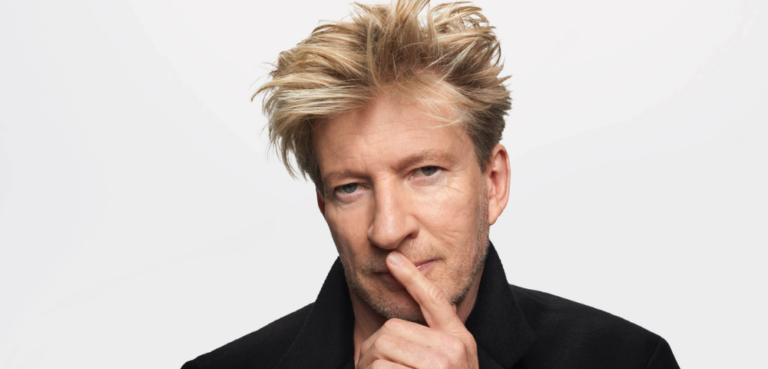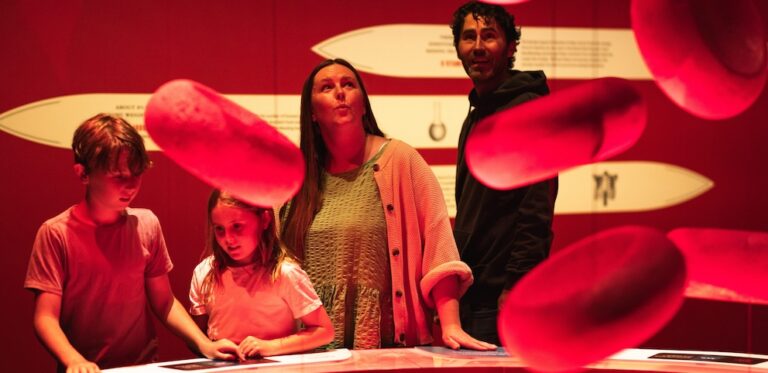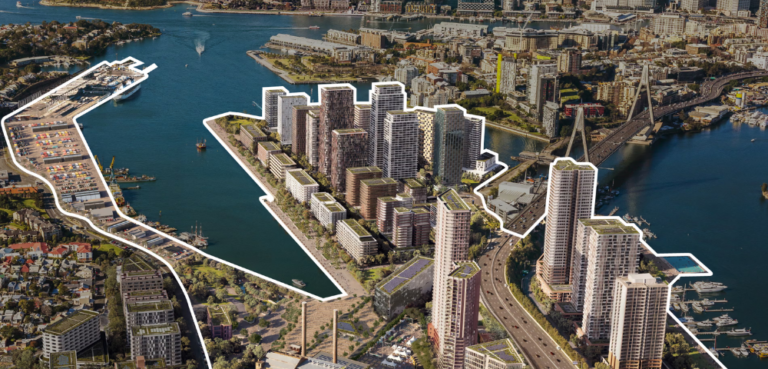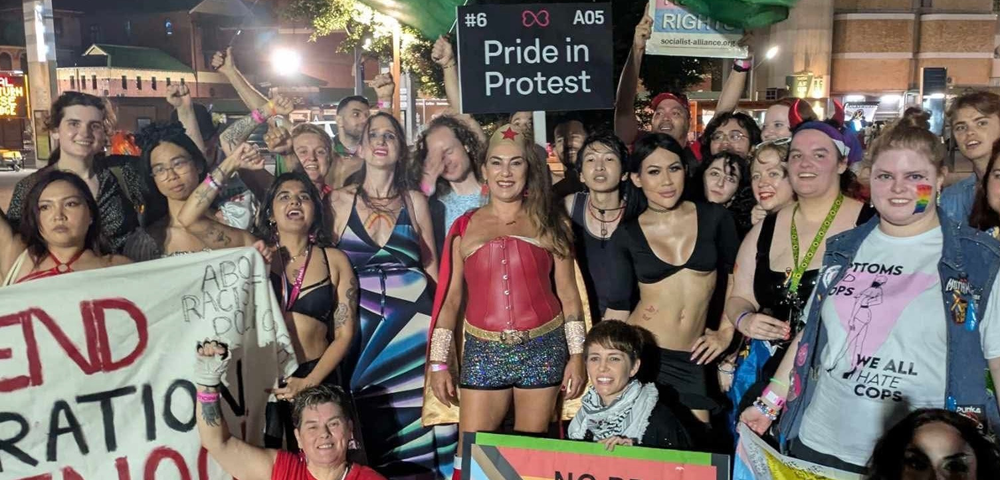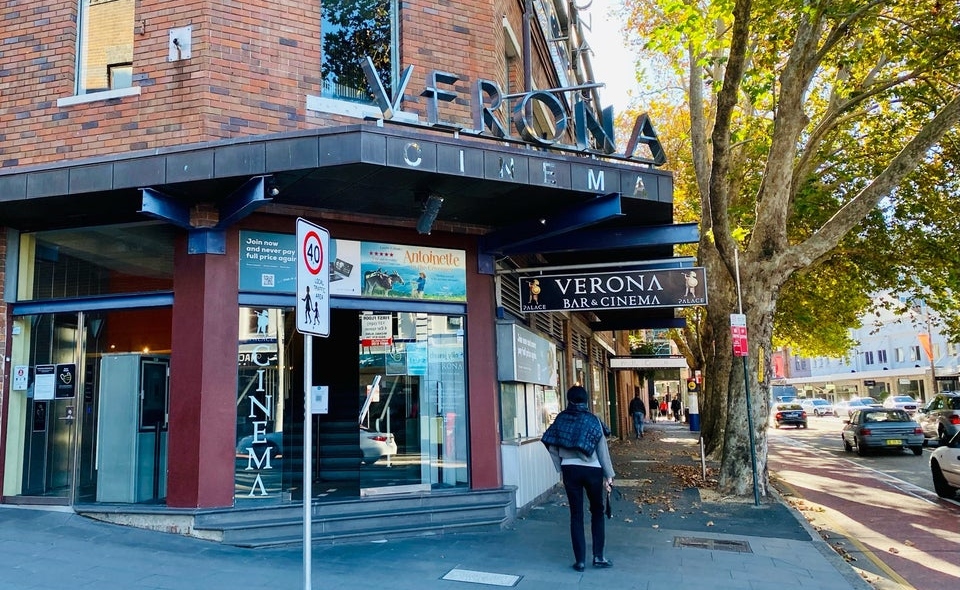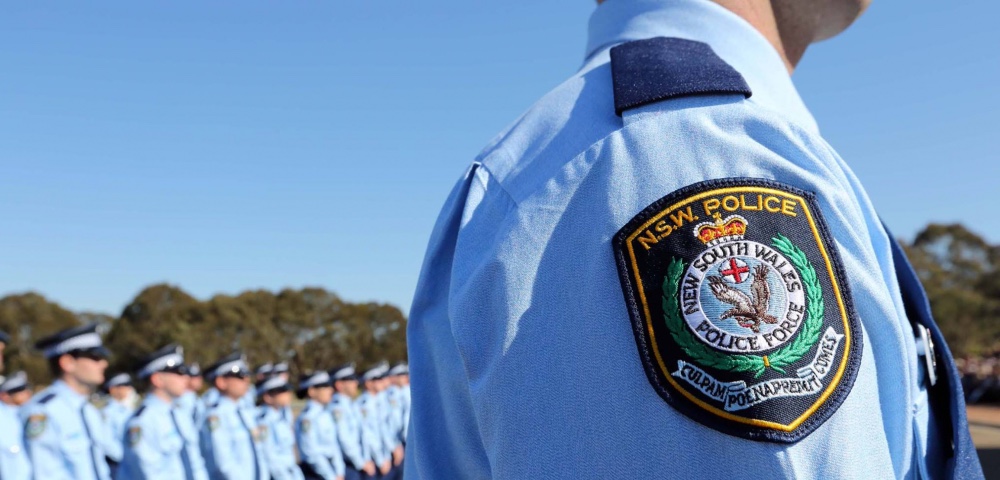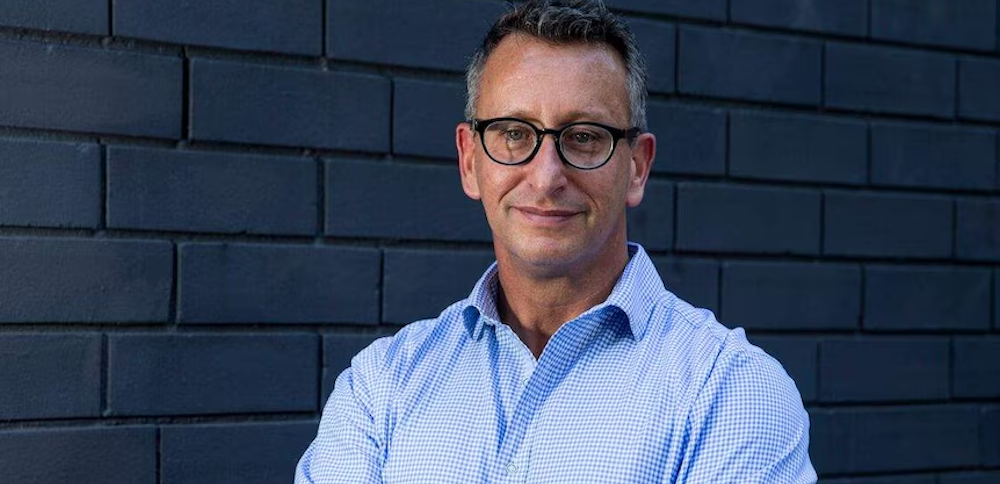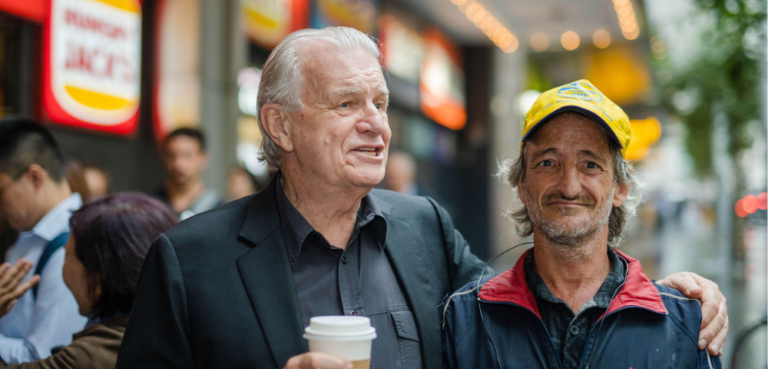
University of Sydney’s New “Civility Rule” Sparks Backlash from Students and Staff
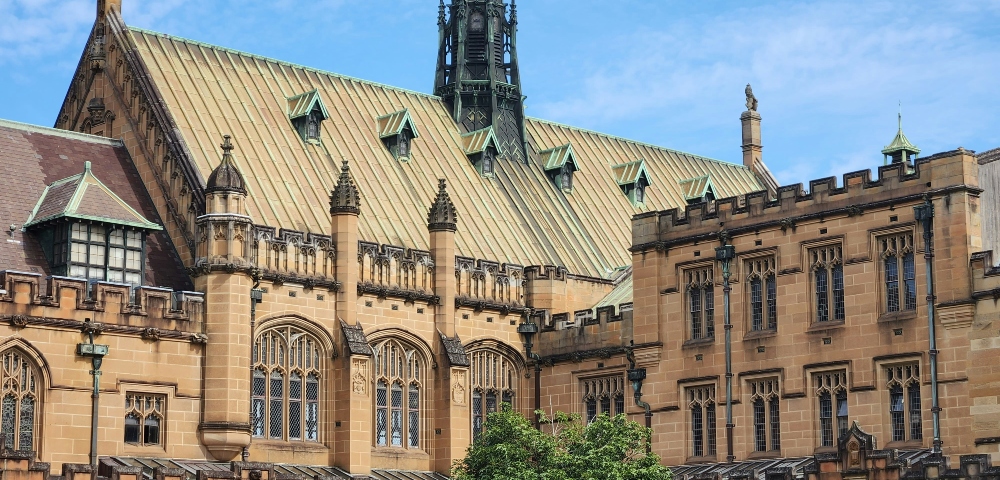
Staff and students at the University of Sydney have expressed their concerns over free speech about the Senate’s approval of a new “civility rule” that requires speakers to clarify contested terms and enforces a strict ban on protests within university buildings.
The controversial decision, based on an external review led by barrister Bruce Hodgkinson SC, follows the dismantling of a pro-Palestine encampment in July and has sparked accusations that the university is curbing free speech.
The University of Sydney Chancellor David Thodey AO released a statement on Wednesday acknowledging the challenges of balancing free speech with campus safety, following the release of an external review led by barrister Bruce Hodgkinson AM SC.
The report included 51 submissions and consultations, while highlighting steps the university has already taken, such as banning camping on campus, prohibiting protests in buildings, and enhancing security.
It also acknowledged the “complexity of our environment and our continually evolving regulatory landscape, noting in particular our expanded work health and safety obligations.”
University of Sydney Review Recommends Civility Rules, Stricter Protest Restrictions
The University of Sydney’s recent review has outlined key recommendations that include maintaining the ban on campus encampments as a form of protest and continuing restrictions on protests within university buildings.
Key recommendations from the report include:
Prohibition on Encampments and Protests: The ban on campus encampments and protests within buildings, including actions that impede access, should be maintained.
New Civility Rule: The University should amend its policies to require individuals using contested words or phrases to clarify their context to the audience. Failure to comply with this civility rule during lectures, seminars, or meetings could be considered misconduct.
Accountability for Organisations: Student organisations will be responsible for ensuring that all meetings held on university premises adhere to the Civility Principles.
Sydney University Students Decry New Civility Rules as Threat to Free Speech
USyd SRC’s Education Officers Luke Mesterovic and Jasmine Al-Rawi issued a joint statement on Thursday, condemning the new Hodgkinson External Review report as an “unacceptable attack on student free speech on campus.”
“This video potentially breaks the University of Sydney’s new rules, if the university doesn’t like what we have to say,” Al-Rawi spoke in a video posted to Instagram.
“This is a draconian attack on free speech, on the independence of student organisation and a clear attempt to silence any opposition in our university,” said Mesterovic.
“The review includes unacceptable recommendations that would allow the university to discipline student organisations such as the SRC or USU clubs if they break some of the rules that the university has put forward. So, if you put up a poster, or you say something that breaks their new “civility rules,” you can see your organisation defunded,” Al-Rawi explained.
The Education Officers defended the right to protest, stating, “An attack on the SRC is an attack on all students.”
The university plans to involve NSW and Federal Police to establish protocols for assisting with campus matters under the new recommendations.
“This review is one of the worst draconian attacks in student free speech anywhere in the country. We demand that it is repealed,” the education officers said.
The University of Sydney Education Action Group’s post accompanying the video read: “Student organisations need to be allowed to organise with posters and lecture announcements, without repression. Our free speech should not be policed by the university.”
USyd Reps Accuse University of Using “Psychosocial Safety” for Political Censorship
Two Health and Safety Representatives (HSRs) and members of the National Tertiary Education Union (NTEU) at the University of Sydney have also issued a statement condemning the university’s use of “psychosocial safety” as a justification for political censorship.
As Health and Safety Representatives and NTEU members at the University of SYDNEY, we feel we must speak up and object in the strongest possible terms to the University’s selective and cynical use of “psychosocial safety” to justify political censorship.
They argued that psychosocial safety is a workplace health and safety issue focused on how work is organised, designed, and carried out, meant to protect workers from their employers—not shield employers from criticism.
The representatives also expressed concerns that the university leadership is not acting in good faith, noting that many campus protests, including those against course cuts, environmental issues, and sexual assault handling, are directed at the university itself.
NTEU members from the USyd Fightback group, a caucus within the union, have argued that the university’s approach misrepresents workplace health and safety regulations, which address issues such as role overload, bullying, and workplace conflict—none of which apply to campus political activities.
Health and Safety Reps Reject ‘Safe Work’ Rationale for Policing Campus Political Activities
The 2021 Safework NSW code of practice for managing psychosocial hazards lists common workplace risks such as role overload, traumatic events, role conflict, low job control, poor relationships between workers and supervisors, bullying, harassment (including sexual harassment), and isolation.
According to USyd Health and Safety Representatives Vinil Kumar (Student Administration Services) and Jennifer Huch (Central Operations Services), none of these hazards, nor the Work Health and Safety regulations of 2011, “require changes to the university’s long-standing tradition of political activism on campus.”
“These are not changes managed by health and safety legislation but changes being pursued by the University leadership.”
“We fail to see how students, student organisations and staff making lecture announcements, engaging in protests, putting up posters and banners, setting up bake sales or any other kind of political activity constitutes a threat to psychosocial safety akin to the issues raised above,” they wrote.
Critics argue that the University of Sydney’s latest measures, which justify restrictions on political activism, represent a direct assault on free speech and raise concerns about the future of protest on campus.
